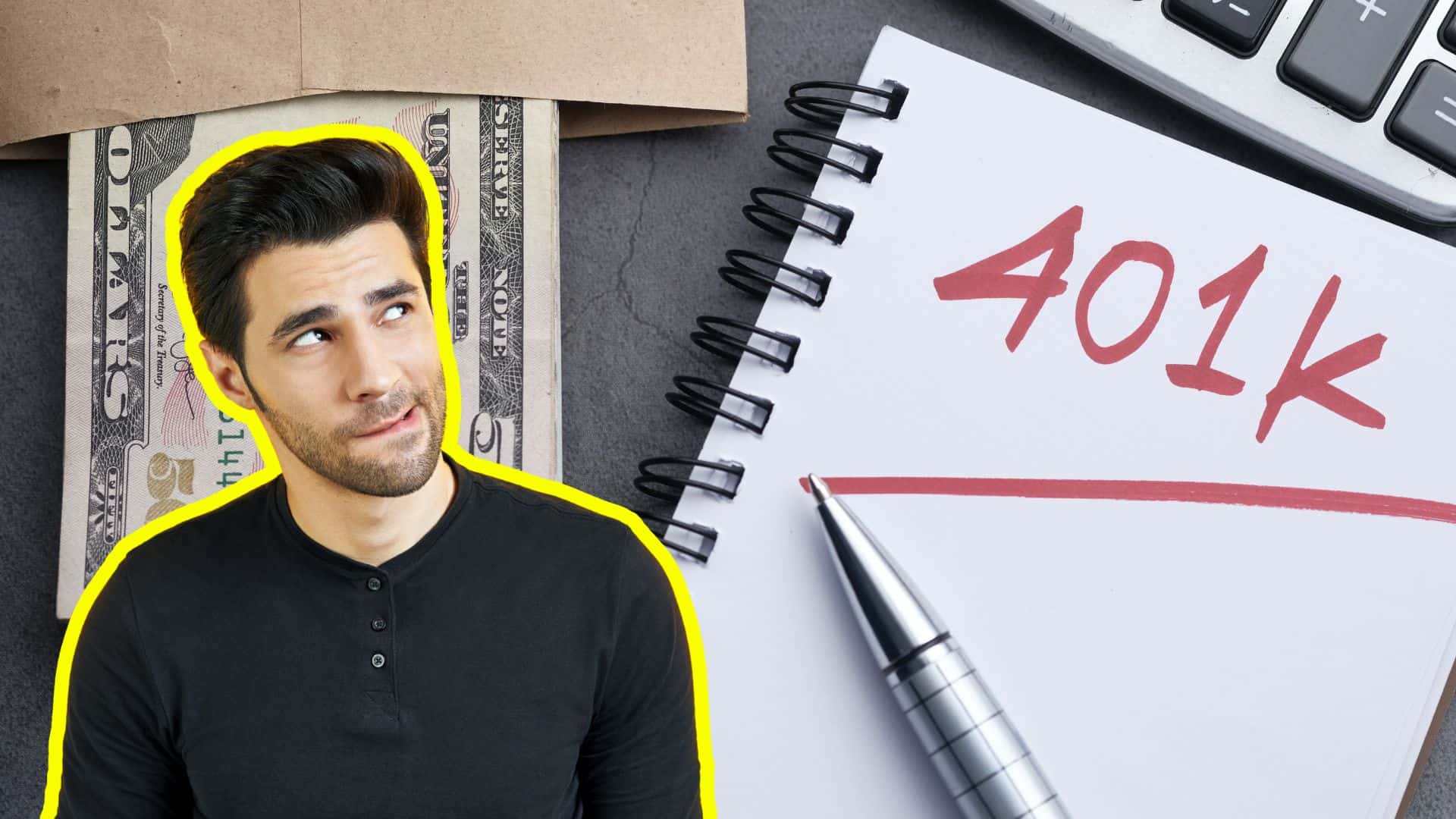Personal Finance
I'm 35 with $330k in my 401(k) — do I really need to keep maxing it out?

Published:

The average 35-year-old’s 401(k) plan balance is $74,000, according to Fidelity. So when I stumbled upon this Reddit post by a 35-year-old with a $330,000 balance in their 401(k), I was impressed.
It’s clear that this person has done a great job of contributing toward their retirement. And it’s also clear that they began funding their 401(k) plan from a very young age – most likely when they first started working. That’s not something I did myself, so I give them major props.
In fact, Fidelity puts the average 401(k) balance among 65- to 69-year-olds at $252,800. People in that boat have had an extra 30+ years to accumulate wealth in their 401(k)s, yet this Reddit poster’s balance is already higher at age 35.
But it does beg the question — now that this saver has so much money in their 401(k), do they need to keep maxing out? I have some thoughts to share on that.
I love the idea of getting to save and invest money for retirement while snagging a tax break along the way. So to that end, I’m a fan of 401(k) plans for certain types of investors.
Specifically, if you’re a hands-off investor who isn’t going to take the time to assemble a portfolio of individual stocks, then I think contributing to a 401(k) and investing your balance in a target date fund or S&P 500 index fund isn’t a bad idea. And I also like the fact that 401(k)s come with such large annual contribution limits. Maxing out can really shield a lot of your income from the IRS.
But what I don’t like about 401(k)s is that they don’t let you hold stocks individually. That’s a problem for investors like me who know how to choose stocks and aren’t necessarily content to settle for whatever returns the broad market delivers. And I also don’t like the fact that 401(k)s sometimes charge costly administrative fees and slap a 10% early withdrawal penalty on funds removed prior to age 59 1/2 (though there are exceptions).
So at this point, I’d tell this 35-year-old saver that no, they don’t need to continue maxing out their 401(k) if they want more control over their retirement investments and want the flexibility to withdraw funds before turning 59 ½ without a penalty. Instead, I’d tell them to contribute enough to claim their full employer match, but to continue saving and investing at their current rate in a mix of other accounts — an IRA, an HSA (if eligible), and a taxable brokerage account.
I certainly would not tell this saver to stop contributing toward retirement altogether. That’s silly. Even though their $330,000 balance might grow quite substantially in the coming decades, they should continue to save and invest for the future.
And I also wouldn’t tell them to completely forgo the tax benefits they’ve been enjoying in their 401(k). But it’s a good idea to branch out into different accounts, especially when early retirement is a possibility.
If you’re in a similar situation to the Reddit user above where you have a nice chunk of money in your 401(k) by age 35 and you aren’t sure what to do next, consult a financial advisor. They’ll be able to discuss your goals, tax concerns, and more to help you figure out a good course of action. They’ll also be able to review your 401(k)’s investments to see if they’re poised for the type of growth you’re after.
Retirement can be daunting, but it doesn’t need to be.
Imagine having an expert in your corner to help you with your financial goals. Someone to help you determine if you’re ahead, behind, or right on track. With SmartAsset, that’s not just a dream—it’s reality. This free tool connects you with pre-screened financial advisors who work in your best interests. It’s quick, it’s easy, so take the leap today and start planning smarter!
Don’t waste another minute; get started right here and help your retirement dreams become a retirement reality.
Thank you for reading! Have some feedback for us?
Contact the 24/7 Wall St. editorial team.